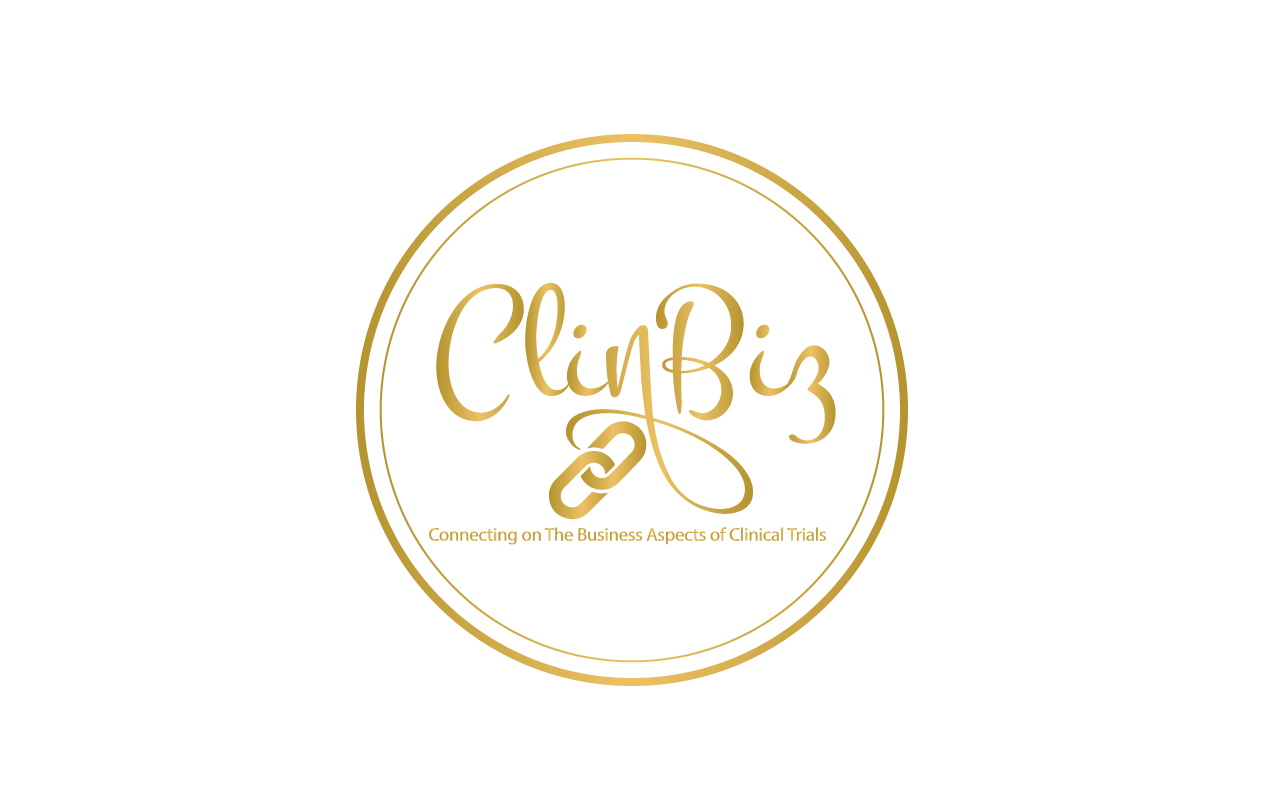In this video, we discuss the very recent but important topic of planning for participants in (Non-COVID) clinical trials taking the COVID vaccines that have received emergency use authorization. This video is meant to be a conversation starter for all clinical trial stakeholders with a special focus on clinical trial study sponsors.
To be notified first of all new ClinBiz videos and news, subscribe to our newsletter at www.clinbiz.com
Video Transcript
[Planning For Participants in Non-COVID Clinical Trials Taking COVID Vaccines]
Débora S. Araujo – Found and CEO, ClinBiz:
Hi everyone, welcome to another episode of ClinBiz, where we love connecting with you on the business aspects of clinical trials. So in today’s episode, we want to talk about a very recent but very important topic that we’ve been hearing a lot of conversations around. We wanted to make sure that if you haven’t started those conversations within your organizations that you are thinking about them, especially if you’re a study sponsor.
And this topic is around planning for trial participants in non-COVID clinical trials who have recently taken a COVID vaccine. So why is this topic an important one? Well, study sponsors really want to make sure within their clinical trials that, first of all, patient safety is a top priority.
And number two they’re also thinking about getting as much clean data as they can regarding their investigational products around safety and efficacy so that they’re ready for eventual submission to the regulatory bodies. And hopefully, an approval of that product.
So it’s very important that study sponsors ensure that as much as possible, the data that they’re getting in there is really related to an investigational product and not something else. In this case, study sponsors want to make sure it’s not related to any possible AE’s or SAE’s due to any of the recently approved or emergency use authorized COVID vaccines.
So what are some things that we’re hearing already that study sponsors are starting to plan around, or how they’re mitigating for this and really including this conversation within their clinical trials? So hopefully, these are things that will spark some conversations. So let’s talk about it for new trials and ongoing trials.
So for new trials, sponsors are thinking about this topic obviously during protocol development stage; this is where you need to be including this conversation. So if you’re a study sponsor, this may be something you want to make sure your teams are discussing for any new trials, the reality of trial participants having a COVID vaccine during that trial, and how that may potentially interact with your products or regarding patient safety.
You really want to be thinking about how you’re going to incorporate this topic, but the bottom line is you still need to incorporate it within your protocol development stage. Also, within this protocol development, thinking about things such as visit schedules. For example, do you want to keep your same visits schedule, do you want to stagger, do you want to change it up. So it’s very important to think about your visit schedules as it relates to this very topic.
If it’s something that you may want to change or not. For example, do you want to allow for trial participants taking one of the COVID vaccines, coming in at the same day, and taking a blood draw? Or taking your investigational product and then taking a blood draw, do you want that? So thinking through with your teams if that’s the best in terms of when it comes down to patient safety, any possible interactions, and obviously, if you’re getting clean data for your investigational product. Some other things you want to think about is documenting it well. If you listen to any of our videos, you hear a lot about documentation, and this is going to be very important. I have a hunch as this topic develops, again, this is just this conversation starter. We definitely see that there’s a lot that’s going to be changing as a lot has changed in the last few months for everyone. A lot is going to be changing within this year, within the next. So it’s very important that while we don’t have all the guidance yet and all the directives, that you document as much as possible.
And that you really make sure that you’re planning strategically for that submission, that you’re preparing your visit schedules, your protocols, all those things with this topic in mind. We’re not sure which vaccine, which COVID vaccine your trial participant may be taking. If they’re going to be taking more than one throughout your clinical trial.
So you need to be thinking about how you want to stagger things, what you want to include in your inclusion, exclusion criteria. In your screening process. You really want to make sure that at the end of the day, whatever you do, whatever you plan for, is very well documented. How you’re going to be including those things in your master files and things like that.
So documentation is very important around this specific topic. So that’s for new trials. For ongoing trials, a lot of the same as well. But obviously, we need to be thinking about those two words that we really don’t like within our industry – protocol amendments, yes. Sorry about that, but it may be needed. You need to be thinking about if that’s going to be needed. It may not be something needed for your ongoing trials; you may have another strategy you want to take with your research sites and your trial participants.
But if something is really going to be changing within your protocol, your visit schedules, the way you’re handling things, you may be thinking about a protocol amendment. And with that obviously goes hand in hand your communication with your sites. It’s also very important that perhaps you reach out to your sites to get some feedback as well to see how this is also being handled already with some other sponsors.
Nothing confidential, but more of a business process on things they’ve seen that has worked. Perhaps you may want to implement that same way. But thinking about communicating with your sites, communicating the importance if you are changing something, why you’re needing to have those protocol amendments regarding this topic.
And again, going back to thinking about keeping patient safety a top priority within your trial. So obviously, you don’t want to, for example, have any interactions between your investigational product and one of the COVID vaccines that they’re taking. You really want to make sure that the data is clean. That any potential AE’s are really related to your investigational product if there are any.
So making sure you’re communicating that with your sites about patient safety and also about making the data as clean as possible. And again, documenting very well for analysis and eventual submission is still going to be critical for your ongoing trials. So again, these are just a couple of topics for star conversations within your organization.
Whether your research site, whether you’re a study sponsor, but especially if you’re a study sponsor, make sure that your teams are thinking about this topic. You need to be planning around this; there’s going to be a large number of the population going through this process within the next few months and even next few years.
And so it’s important that you take into account this very important topic and situation, and you want to make sure that as much as possible, you’re planning strategically, you’re planning first of all, and then you’re getting as much clean data on your investigational product as possible. And that obviously, that you’re keeping patient safety a top priority within your clinical trials.
So thank you so much for watching, hope this was helpful as a conversation starter. We’d love to hear from you what your organization has been doing to prepare or plan for this, some potential ideas.
And we’re probably going to be having some other videos on this very same topic as the months go by and things develop a little more, so we’d love to hear from you. Thank you so much for watching, and I hope to see you next time, take care, bye-bye.

